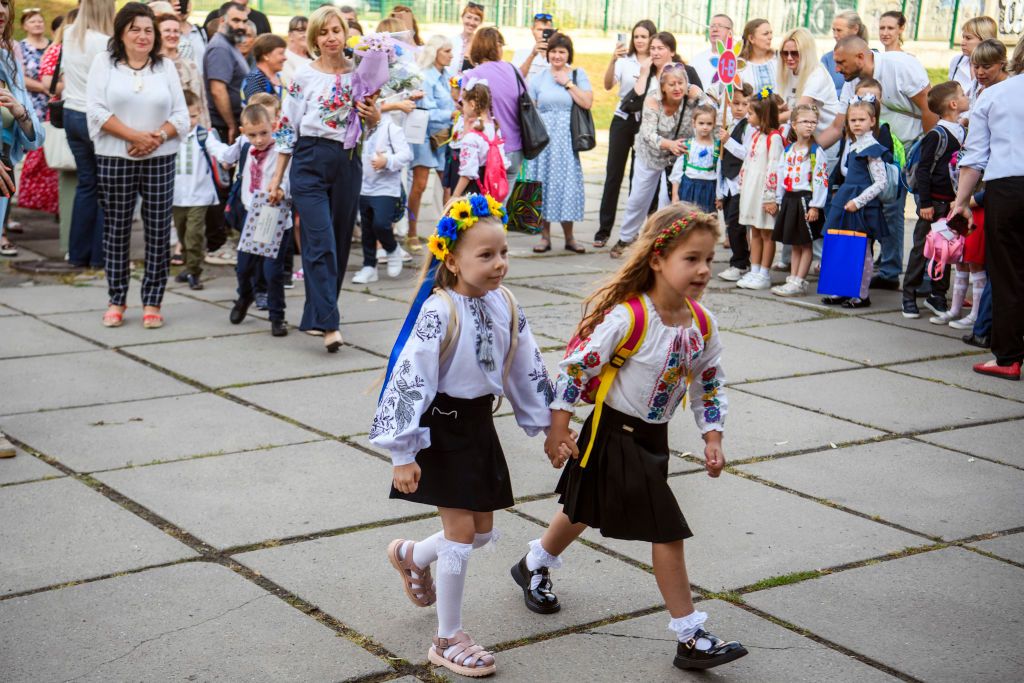EU, Lithuania allocating $16.7 million for school shelters in Ukraine

The European Commission and Lithuania are allocating 15.5 million euros (around $16.7 million) to build bomb shelters for Ukrainian schools, according to the Lithuanian Central Project Management Agency (CPVA) responsible for implementing the project.
Russia's full-scale war against Ukraine has reportedly destroyed or damaged one in seven schools in Ukraine and forced 1.6 million schoolchildren out of education. Some 900,000 Ukrainian children study remotely as only schools equipped with bomb shelters are allowed to operate offline.
Most of the amount, 15 million euros, will be allocated by the European Commission, while Lithuania is contributing half a million euros.
The project will prioritize Ukrainian regions close to the front line or the border with Russia — Chernihiv, Sumy, Mykolaiv, Zaporizhzhia, Kharkiv, and Odesa — the CPVA wrote in a press release. The organizers plan to build at least five next-to-school bomb shelters in these oblasts.
"Russia's war of aggression is robbing thousands of Ukrainian children of a normal life and education. Our most recent initiative underlines the EU's unwavering commitment to ensure an educational environment that is as safe as possible for all children in Ukraine," said Katarina Mathernova, Ambassador of the European Union to Ukraine.
All bomb shelters built under the initiative will be underground and have radiation protection. They will be able to accommodate around 1,000 people with an approximate area of 2,000 square meters, suitable not only for protection but for learning and extracurriculars.
"Our ambition is to get as many children as possible back to school. To do that, safe shelters must be built in the vicinity, meeting the latest requirements. So that children and teachers can not only shelter from bombs but also continue their lessons and activities during, unfortunately, regular air raids," said Rasa Surauciene, Deputy Director of the CPVA.
The CPVA and Ukraine's Education Ministry have selected schools with the largest number of students lacking minimal shelter facilities. The project would allow about 5,000 students to return to offline studies in a year and a half perspective, according to the CPVA.
Lithuania is among Kyiv's staunchest supporters against Moscow's aggression. The Lithuanian government approved a long-term military aid package for Ukraine worth 200 million euros ($219 million) earlier this month.













